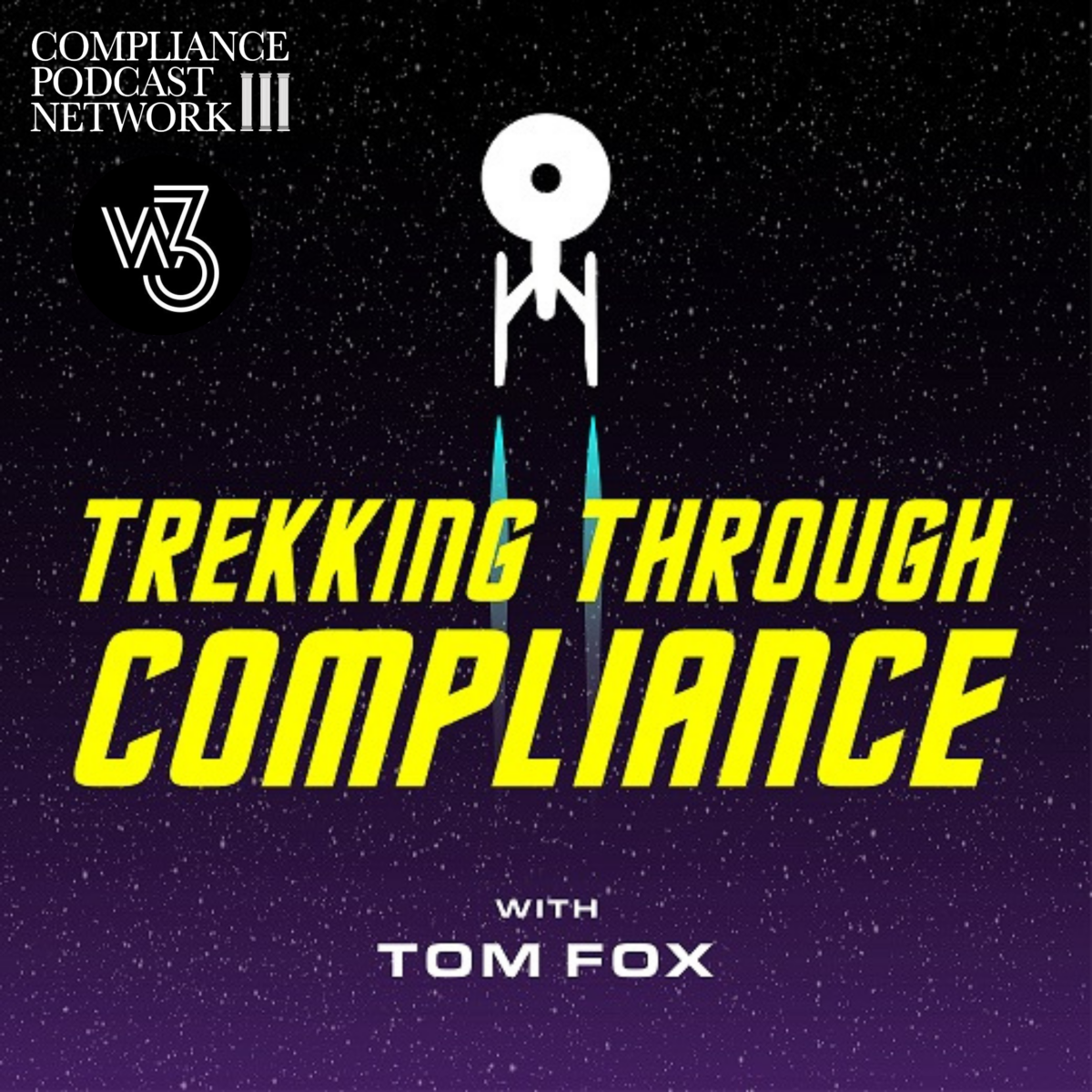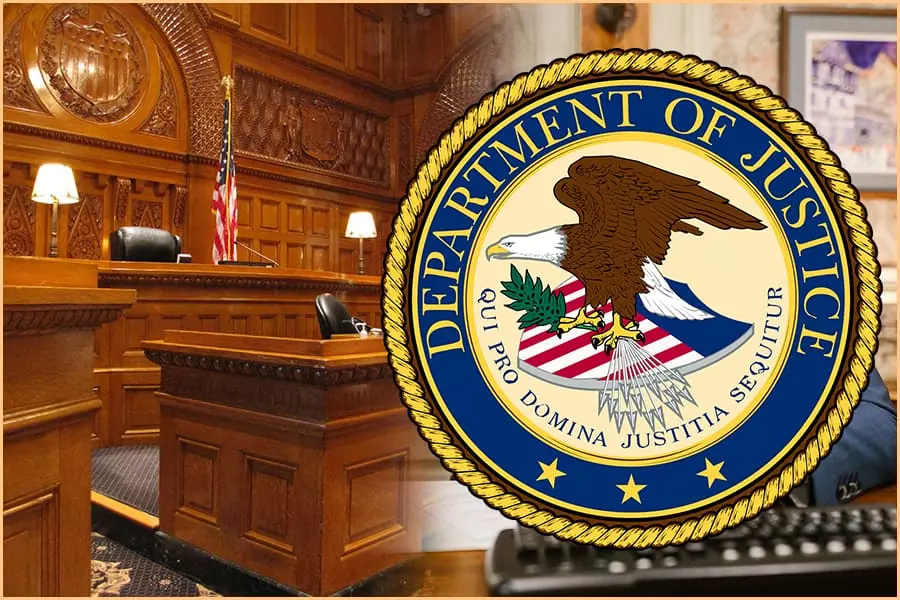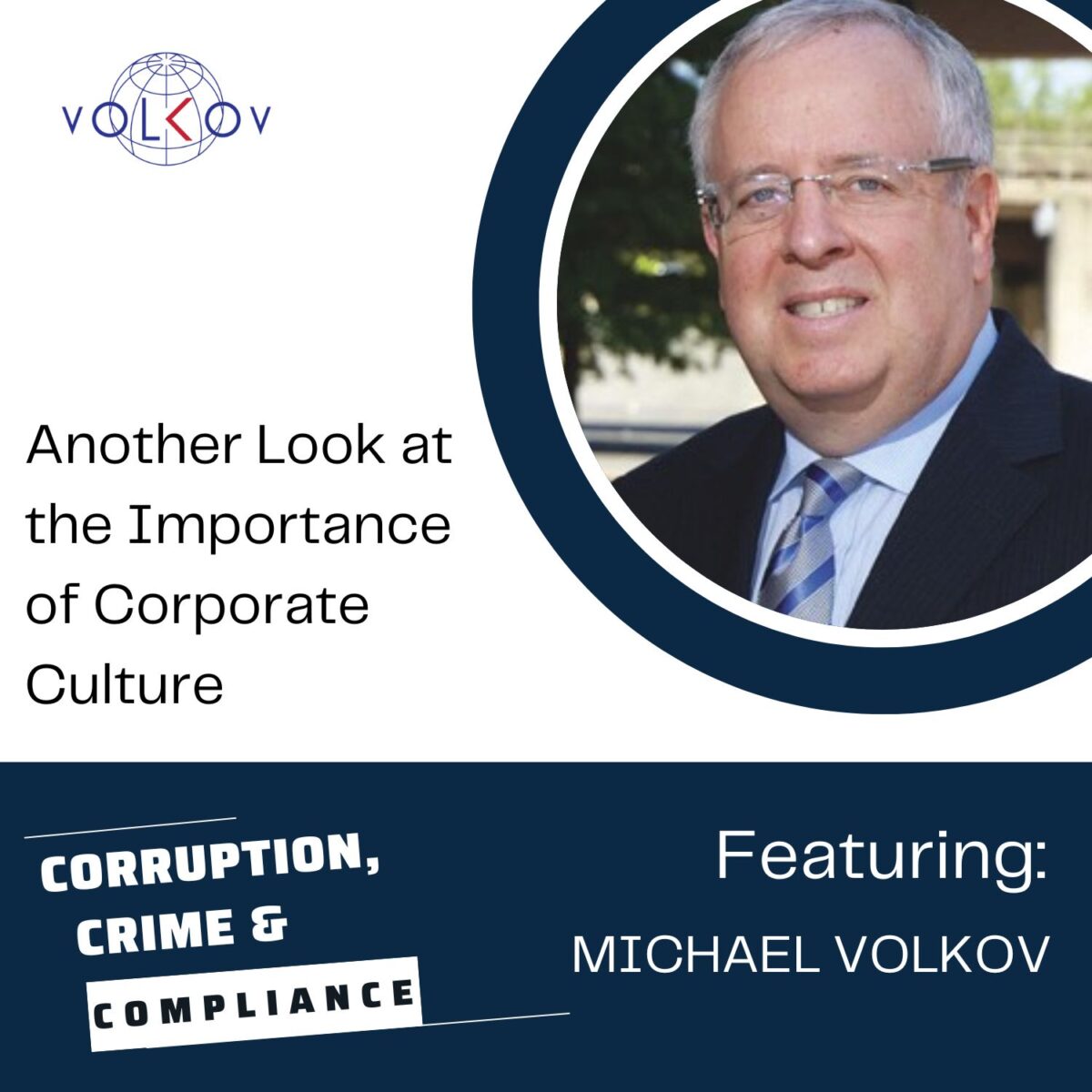In this episode of Trekking Through Compliance, we consider the episode Amok Time, which aired on September 15, 1967, with a Star Date of 3372.7.
Spock begins to request that he be granted leave on his home planet, Vulcan, which is given.
Spock must explain that he is undergoing pon farr, a condition male Vulcans experience periodically throughout their adult lives and must mate or die. Kirk contacts Starfleet to request permission to divert to Vulcan but is denied. Kirk disobeys orders, believing saving his friend’s life is more important than his career.
On Vulcan, Spock invites Kirk and McCoy to accompany him to the wedding ceremony. However, his mate, T’Pring, demands the kal-if-fee, a physical challenge between Spock and a champion she selects. To everyone’s surprise, she chooses Kirk. Kirk accepts the challenge, only to learn it is “to the death.”
Spock will eventually garrot Kirk. McCoy rushes to Kirk’s body, declares him dead, and requests immediate transport back to the Enterprise. Aboard the ship, Spock announces his intent to resign his commission and submit himself for trial for killing Kirk when he discovers Kirk is alive and well in sickbay. McCoy explains that the injection he gave Kirk was a neuro-paralyzer drug that merely simulated death.
Commentary
The story centers on Spock’s severe physical and psychological distress due to the Vulcan mating cycle, Pon Far. Key compliance and HR themes are explored, including managing employee well-being, accommodating diverse cultural needs, balancing duty with personal obligations, ethical decision-making, effective communication, promoting a supportive culture, and succession planning. The episode offers valuable insights for building a compliant and inclusive workplace and previews the next discussion on ‘Who Mourns for Adonis?’.
Key Highlights
- Story Synopsis
- Fun Facts and Firsts
- Compliance and HR Lessons
Resources
Excruciatingly Detailed Plot Summary by Eric W. Weisstein






